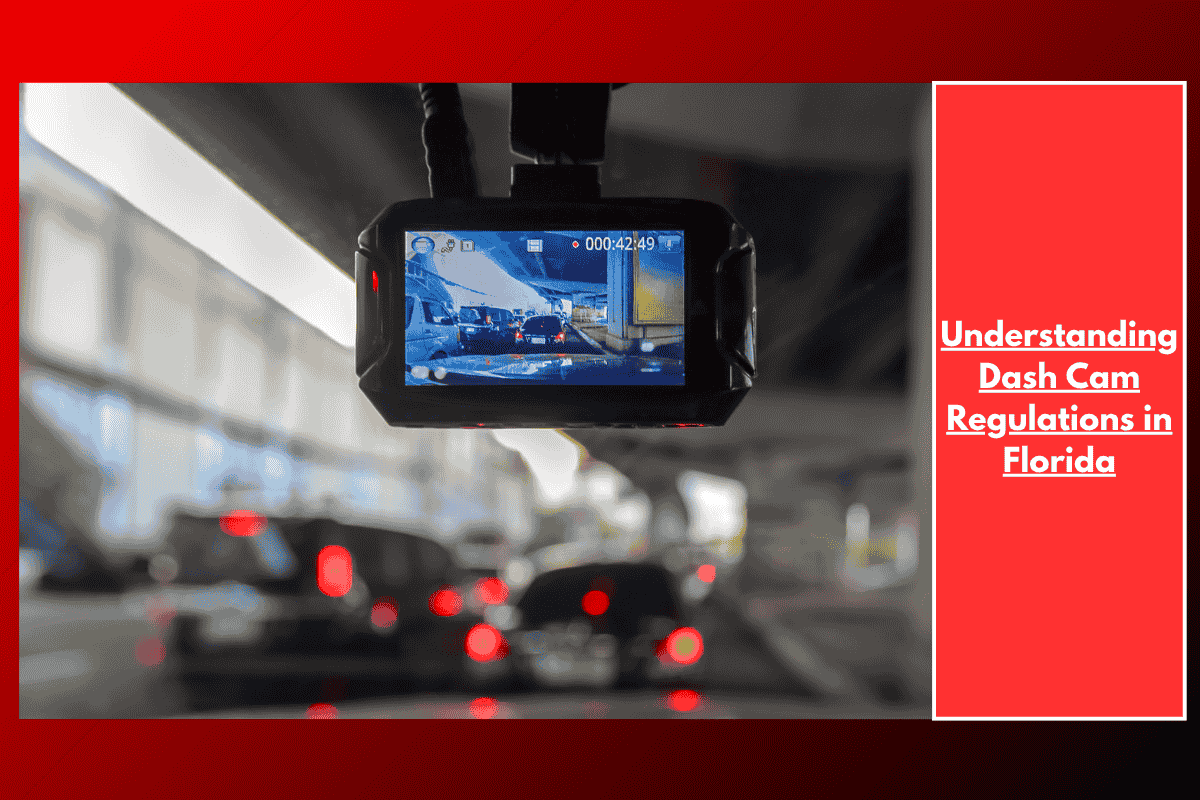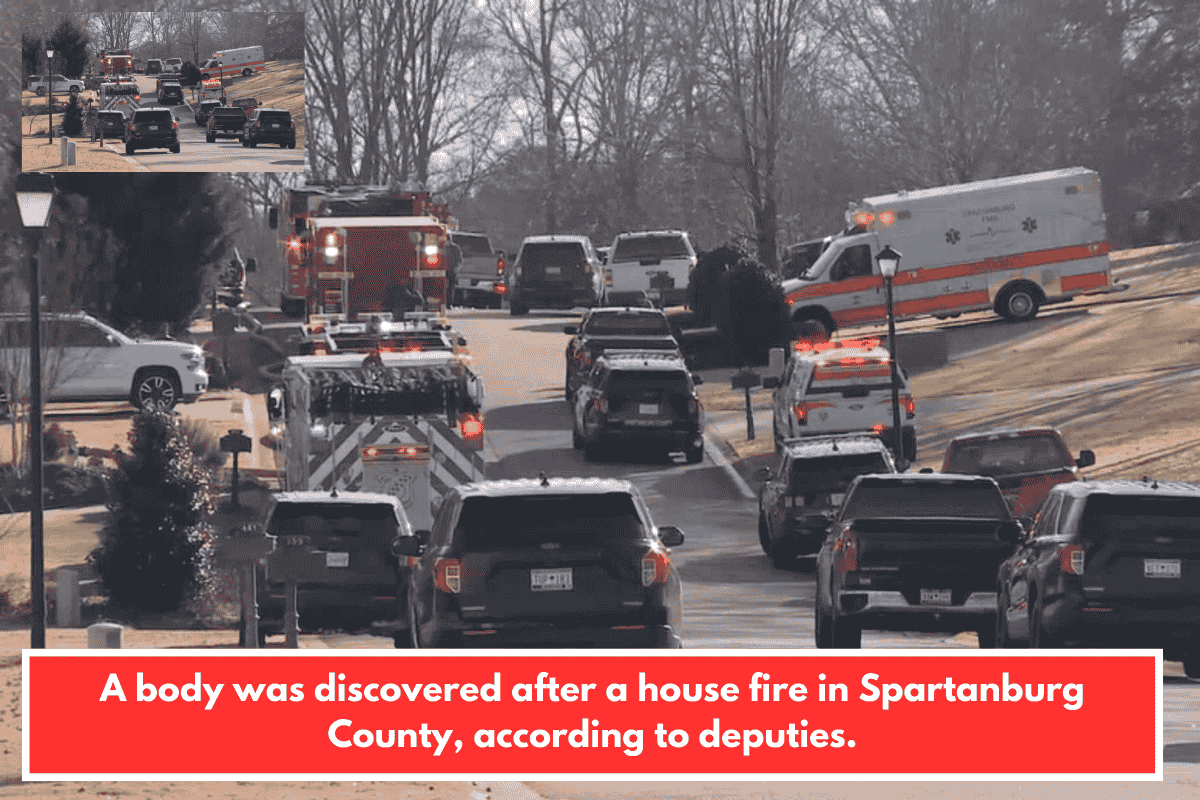Dash cams have become a popular tool for drivers in Florida and across the U.S., providing valuable evidence in case of accidents, disputes, or even for general security purposes. However, before you install a dash cam in your vehicle, it’s important to understand the regulations that govern their use in Florida. Here’s a breakdown of what you need to know to ensure that you stay within the law.
Are Dash Cams Legal in Florida?
Yes, dash cams are legal in Florida. There are no specific laws in the state that prohibit the use of dashboard cameras in vehicles, so you can install and use a dash cam for recording your driving activities. Dash cams can be helpful in recording accidents, road incidents, or even providing protection in the event of a dispute over traffic violations.
Key Considerations for Dash Cam Use in Florida
While dash cams are legal in Florida, there are a few important legal considerations you should keep in mind:
Privacy Concerns and Consent Laws
Florida is a two-party consent state when it comes to recording conversations. This means that both parties must consent to being recorded. While dash cams typically record video footage of the road, they often also record audio, and this could be problematic if your camera picks up conversations inside the vehicle or in your immediate surroundings.
Inside the Vehicle: If your dash cam records audio of conversations happening inside your car, it’s important to ensure that everyone in the vehicle is aware of the recording. Although Florida’s law primarily concerns audio recordings, it’s best to ask passengers for consent if they are having a private conversation in your car.
Public Spaces: If your dash cam captures audio of people outside of your car, such as pedestrians or other drivers, it could potentially be an issue. Public spaces generally have a lower expectation of privacy, but it’s still important to use your dash cam responsibly to avoid inadvertently violating privacy rights.
Windshield Obstructions
Under Florida Statutes 316.1955, the law prohibits any device that obstructs a driver’s view or interferes with the operation of the vehicle. This means that while you can install a dash cam, you must make sure it doesn’t obstruct your vision while driving.
Placement: Dash cams should be mounted in a way that doesn’t block the driver’s line of sight. Florida law mandates that devices must not cover more than 5 inches in the driver’s side corner of the windshield. Mounting the camera in a spot where it obstructs your view of the road could lead to a citation.
Use of Dash Cam Footage in Court
Dash cam footage is generally admissible as evidence in Florida courts, especially if it helps clarify the details of an accident or incident. Whether it’s for traffic violations, insurance claims, or legal disputes, dash cam footage can be a powerful tool. However, it’s important to note that the footage must be accurate, and tampering with it could result in legal issues.
Recording Outside Your Vehicle
If your dash cam records footage of public roads, other vehicles, and pedestrians, it’s generally fine as long as the recording doesn’t violate privacy laws. For example, recording inside private property or using your dash cam to capture footage of people on private land could run into legal trouble.
What to Do to Stay Compliant
To ensure that your dash cam use in Florida is fully legal, consider the following tips:
Position your camera properly to avoid obstructing your view.
Disable audio recording or inform your passengers if the camera records audio to respect privacy laws.
Use dash cam footage responsibly and avoid sharing or using recordings in ways that could violate privacy or defamation laws.
Check with local authorities if you plan to use dash cam footage as evidence in court, as rules can vary depending on the context.
In Florida, dash cams are legal and can be very helpful in documenting incidents and protecting your interests while on the road. However, it’s important to be mindful of privacy concerns, ensure that your camera doesn’t obstruct your view, and use the footage responsibly. With these considerations in mind, you can enjoy the benefits of having a dash cam without running afoul of the law.
SOURCES
[1] https://pl-law.com/florida-dash-cam-laws-how-dash-cam-footage-can-help-your-case/
[2] https://brookslawgroup.com/legal-blog/are-dashboard-cameras-legal-in-florida-tampa-accident-attorneys-have-the-answer/
[3] https://www.andrewpickettlaw.com/blog/florida-dash-cam-laws/
[4] https://www.ftlinjurylaw.com/blog/florida-dash-cam-laws/
[5] https://www.wpricepa.com/blog/are-dash-cams-legal/














